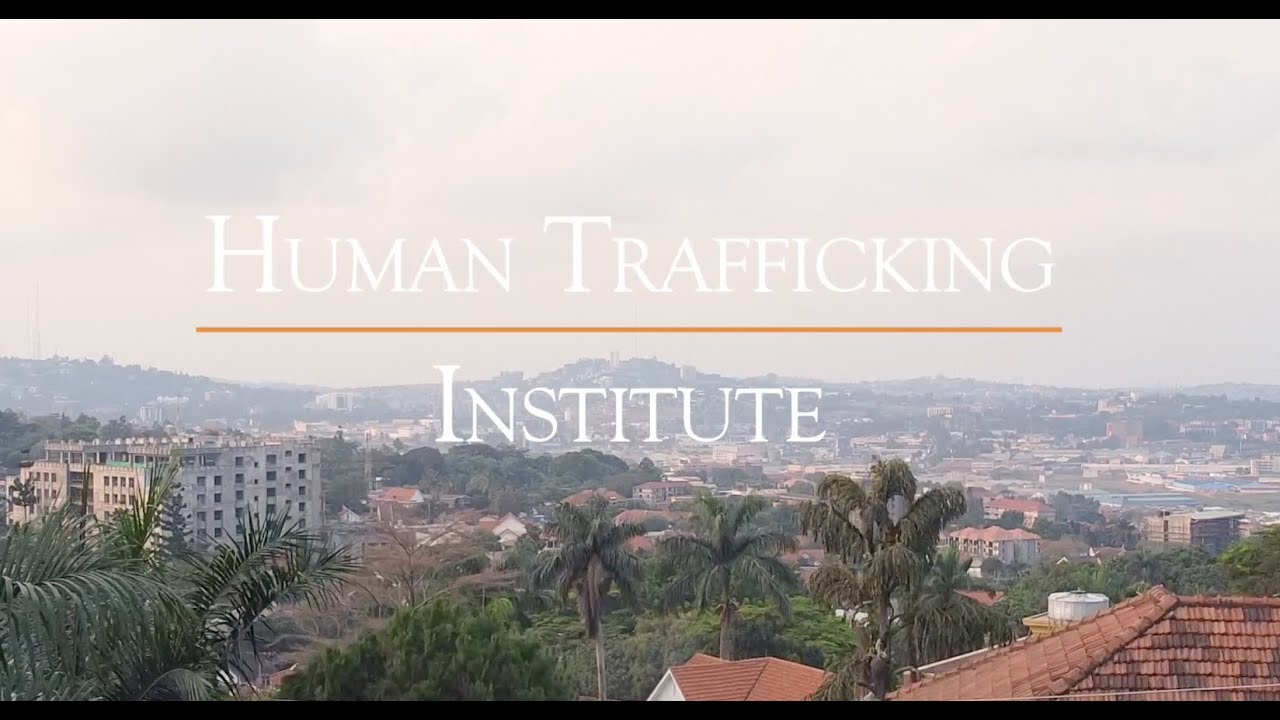
NGOCSTIP – Human Trafficking Institute is committed to improving skills for fighting human trafficking. It provides valuable resources and training programs. These programs are designed for law enforcement, educators, and community leaders. Their goal is to strengthen efforts against trafficking through education and practical tools. One important resource is the Educator’s Human Trafficking Awareness & Prevention Toolkit. This toolkit supports awareness and prevention education in schools and communities. It offers lesson plans for various educational levels, from elementary to college. The Institute aims to make anti-trafficking knowledge accessible and actionable.
Human Trafficking Institute recognizes that education is a key tool in fighting trafficking. Awareness begins with understanding what human trafficking is and its impact. The Educator’s Toolkit provides clear, simple information about trafficking. It helps teachers introduce the topic in age-appropriate ways. Lesson plans cover different aspects, including identification of victims and prevention strategies. Students learn how trafficking affects individuals and society. The goal is to create informed communities ready to act against trafficking. Early education helps prevent exploitation and supports victim identification.
“Read about: Follow Money Fight Slavery Summit 2025: Uniting Forces Against Human Trafficking”
The toolkit is designed to be flexible for multiple learning stages. It offers materials for elementary, middle, high school, and college students. For younger children, lessons focus on basic awareness and personal safety. Older students engage with deeper content on laws, human rights, and social impact. The resources encourage critical thinking and empathy development. Teachers are provided with guides to deliver content confidently and sensitively. This helps ensure that the message is clear without causing fear or distress. The curriculum also includes activities that promote discussion and reflection. Through this approach, students gain knowledge and a sense of responsibility.
Human Trafficking Institute goes beyond providing materials by offering training for educators. Moreover, these sessions help teachers understand trafficking complexities and best teaching methods. Training improves educators’ confidence in addressing sensitive topics. Additionally, it also shares techniques for spotting signs of trafficking in students. Participants learn how to create safe environments for disclosure and support. Furthermore, the Institute fosters a network of trained professionals who can share experiences and resources. This community support strengthens overall anti-trafficking efforts. Consequently, schools become safer spaces where trafficking prevention is integrated into daily learning. Therefore, these efforts contribute significantly to protecting vulnerable youth.
By targeting educators, the Human Trafficking Institute reaches a broad audience. Consequently, teachers influence students, families, and the wider community. Awareness spreads beyond the classroom through conversations and outreach. In addition, the toolkit encourages partnerships with local organizations and law enforcement. It promotes collaboration to identify and support trafficking victims. Moreover, communities become more vigilant and proactive in preventing exploitation. This network effect increases the chances of rescuing victims and prosecuting offenders. Therefore, public involvement is crucial for sustainable change. Ultimately, the Institute’s approach builds capacity at the grassroots level to fight trafficking effectively.
“Read more: Eradicating Child Labor: Uttar Pradesh Launches Major Awareness Campaign”
The Human Trafficking Institute continues to update and expand its training resources. Furthermore, it incorporates new research, case studies, and survivor testimonies. The team integrates technology and digital tools to reach wider audiences. As a result, online platforms provide easy access to training materials and support forums. The Institute develops multilingual resources to serve diverse communities. Additionally, it strengthens partnerships with governments and NGOs to scale impact. Educators give feedback that helps improve content and delivery methods. Consequently, the ultimate goal focuses on creating a world where trafficking is rare and victims find protection. Overall, the Institute keeps education and training at the center of its mission.
Early education is vital to preventing human trafficking. Children who understand risks can better protect themselves and others. The toolkit helps instill critical thinking skills to recognize dangerous situations. It also teaches how to seek help from trusted adults and authorities. Prevention reduces the number of vulnerable individuals targeted by traffickers. Schools equipped with the right tools can act as early warning systems. This proactive approach saves lives and supports long-term community health. The Human Trafficking Institute promotes early intervention as a foundation for all anti-trafficking work.
Human Trafficking Institute plays a crucial role in enhancing anti-trafficking skills. Through specialized training and the Educator’s Toolkit, awareness is spread effectively. Educators become key agents in the fight against trafficking. Their efforts empower students and communities to recognize and prevent exploitation. The Institute’s commitment to education and collaboration strengthens the global response. By investing in knowledge and training, society moves closer to ending human trafficking.